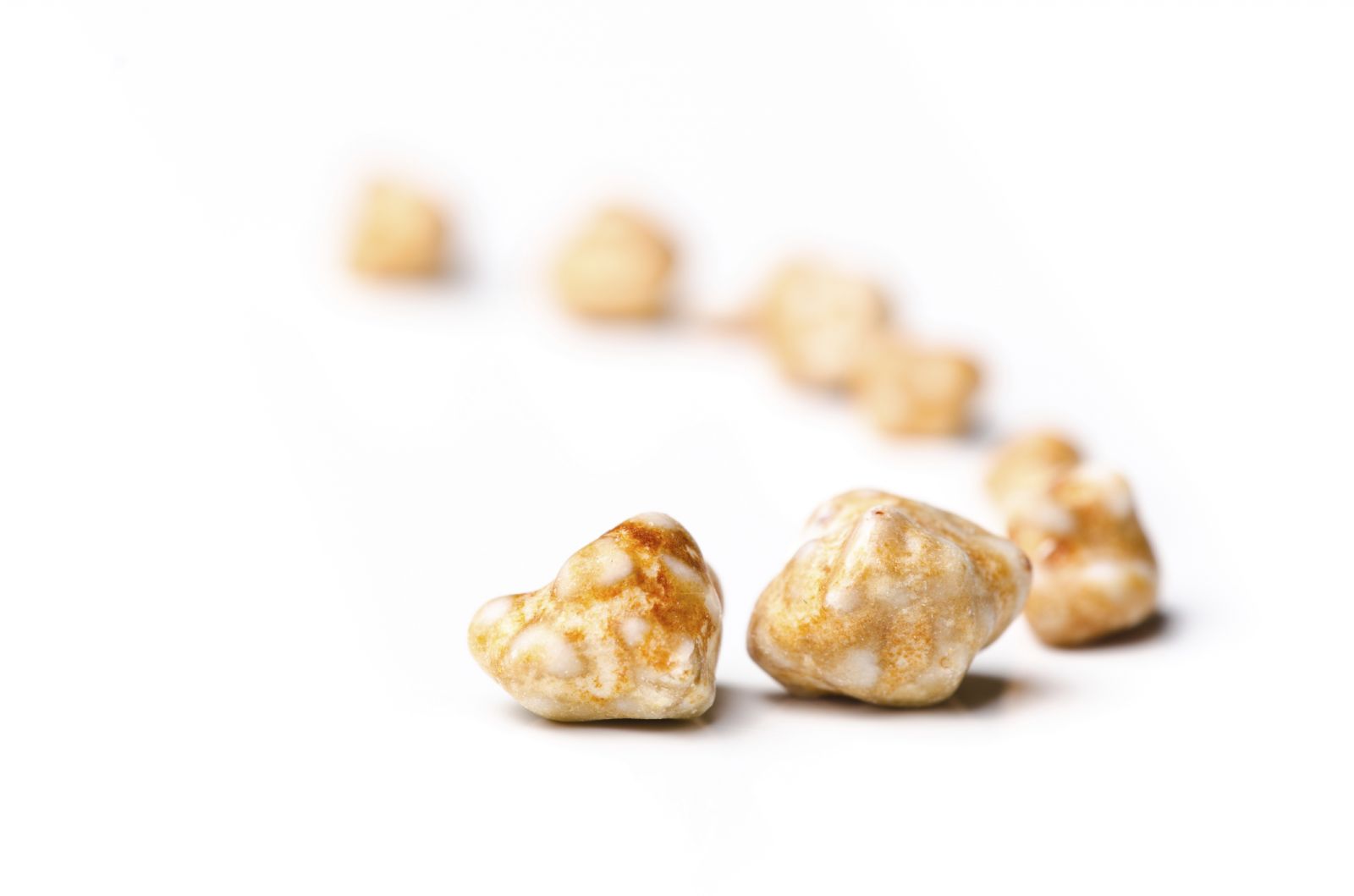Gallstones attack
They affect more women, but men still are at risk.

Most people never think about gallstones—that is until they experience the severe, gut-piercing pain of a gallstone attack. "These often strike after eating, especially a high-fat or high-cholesterol meal, and can last about 30 minutes to two or more hours.
The attacks often begin in the upper-right side of the abdomen and may spread to the back, between the shoulder blades, and under the right shoulder. Nausea or vomiting may also occur.
Gallstone attacks are a warning sign that there could be potential serious complications in the gallbladder."
How gallstones are made
Gallstones form because there is too much cholesterol in your bile, a fluid made by your liver to digest fat. Bile is stored and released during digestion by your gallbladder, a pear-shaped organ under the liver.This excess material forms crystals that then clump together to form stones. They vary in size from a grain of sand to a golf ball, but most are pebble-sized.
Gallstone attacks occur when they become too big or too abundant and block the normal flow of bile.
If too much bile gets trapped, the gallbladder can become inflamed. "Bile also can back up and enter the blood, which can cause jaundice, a condition in which the skin and whites of the eyes appear yellowish. Other symptoms may include sweating, chills, low-grade fever, or dark-yellow colored urine.
You need to seek immediate medical care if you have any of these symptoms or experience gallstone attacks that have become more frequent or severe.
Know your risk factors
If you have avoided gallstones so far, do not think you are immune. Gallstones occur more in women ages 20 to 60. However, they equally strike both genders after age 60.Other factors raise your risk, too. For instance, overweight people are more susceptible since gallstone formation is associated with excess weight, which is often a result of consuming too many high-fat and high-calorie foods. Genes also play a factor. Anyone with a family history of gallstones is at a higher risk.
There is no surefire way to prevent gallstones, but you can take certain steps to protect yourself. Diet and weight loss have the biggest impact.Adopt a diet that cuts out high-fat foods in favor of more plant-based foods, as well as regular exercise to help you maintain a healthy weight.
Yet, make sure to avoid rapid weight loss, which also can lead to stone formation.Aim to lose only about 1 to 2 pounds per week.
Not always a problem
Once gallstones form, however, they do not always need to be removed. "If they do not interfere with the function of the gallbladder and don't cause symptoms, there is no need to remove them.However, if severe problems do arise, the best option is to remove your gallbladder and thus the stones. Gallbladder surgery is one of the most commonly performed procedures. Patients often make a quick recovery and can return to normal life in a few days.

No comments:
Post a Comment